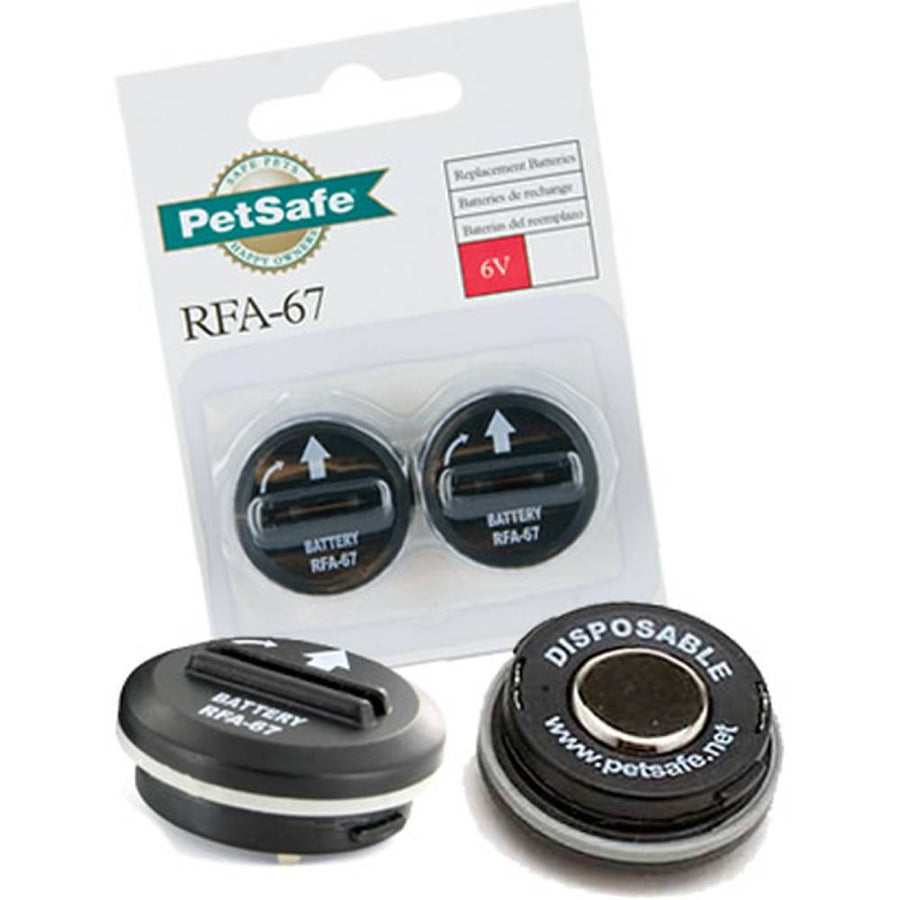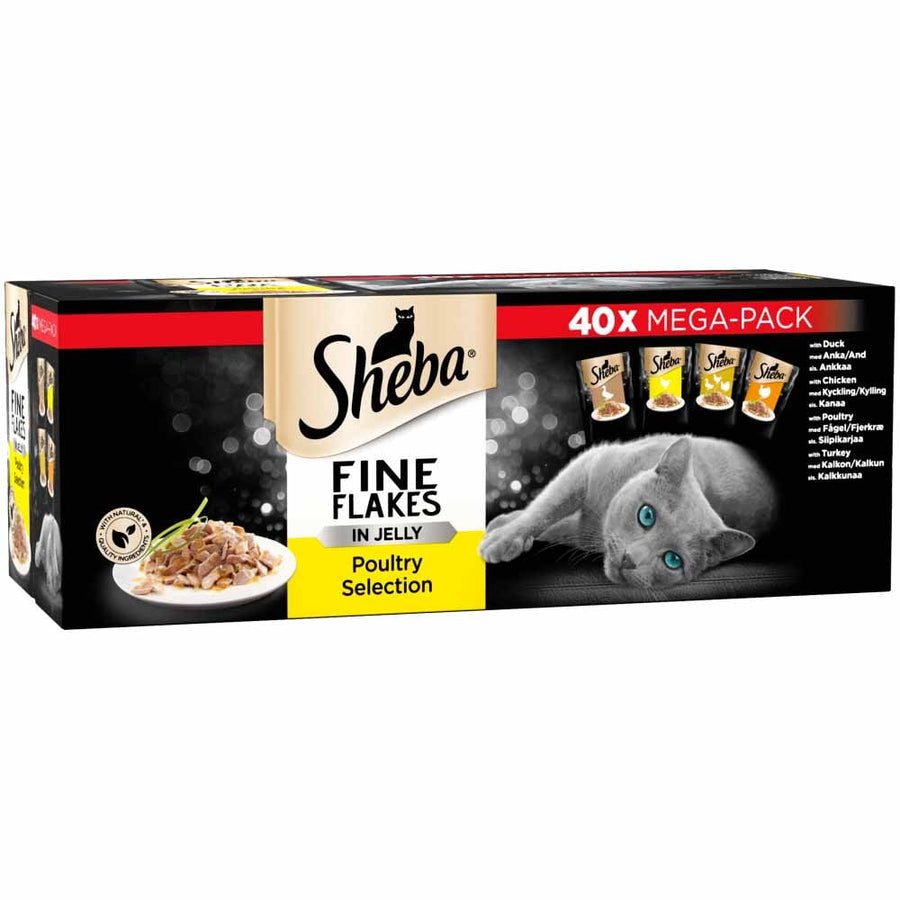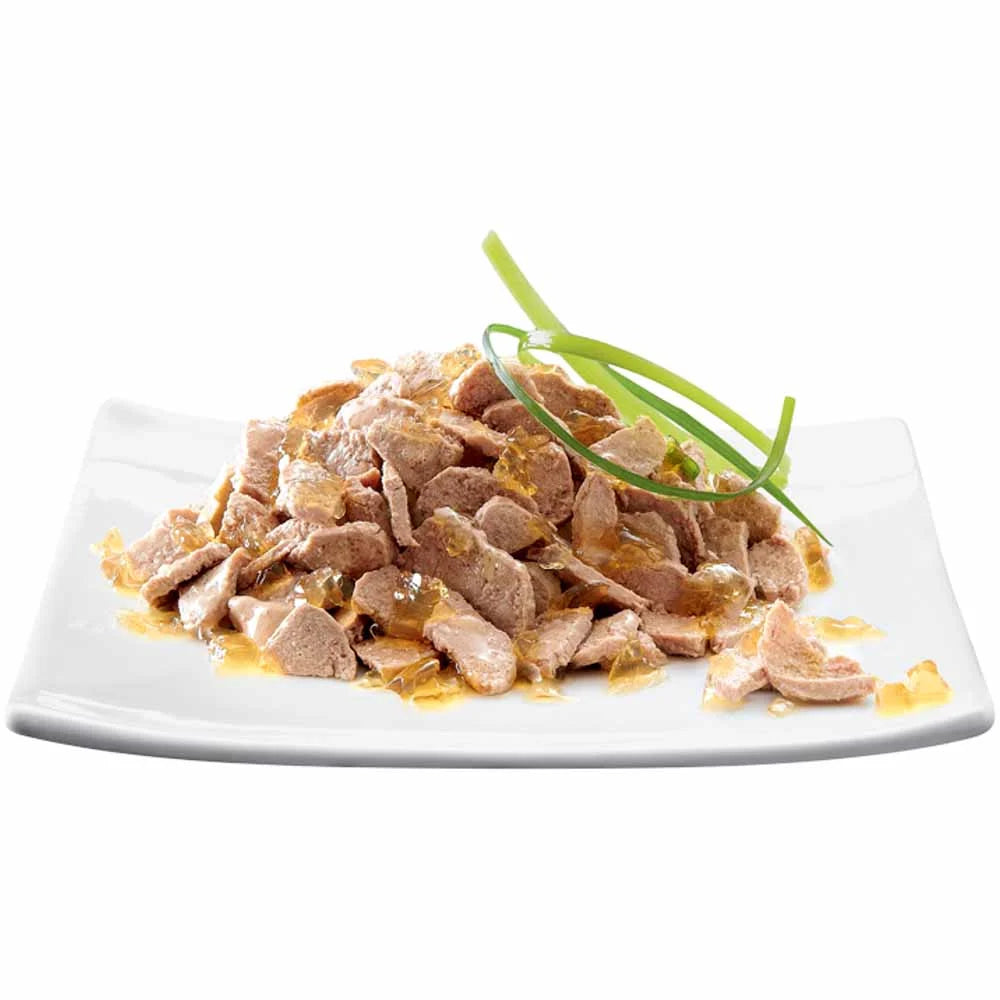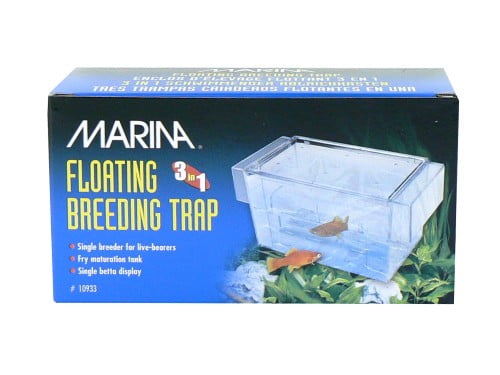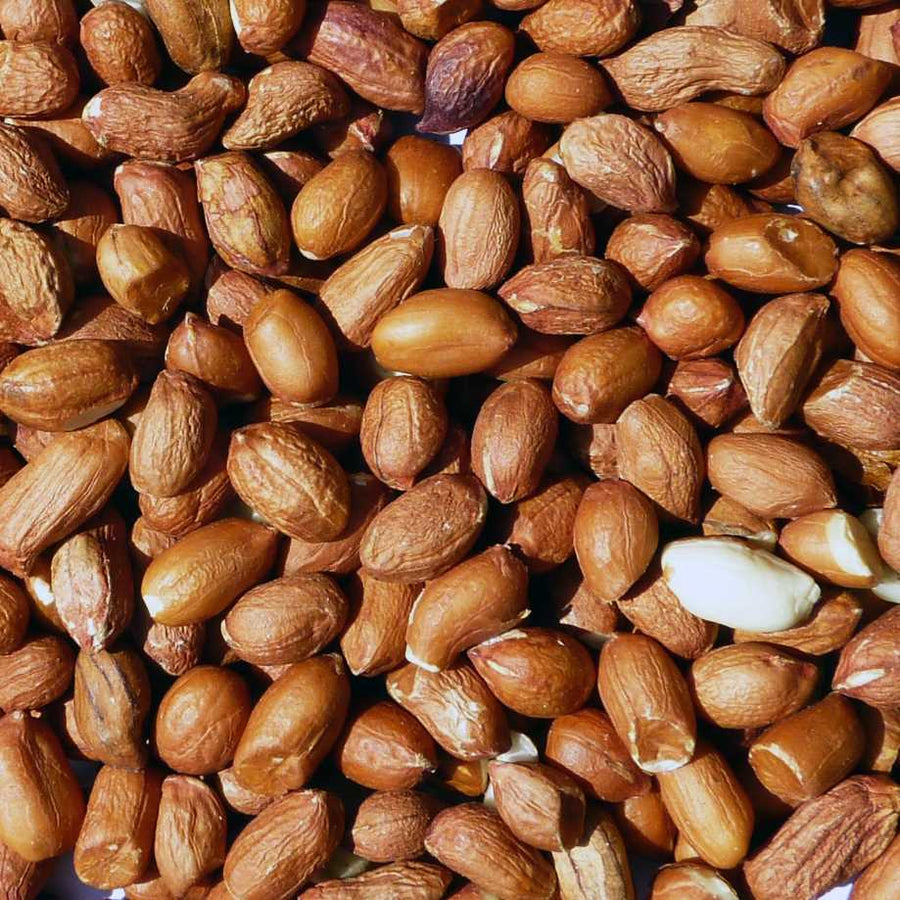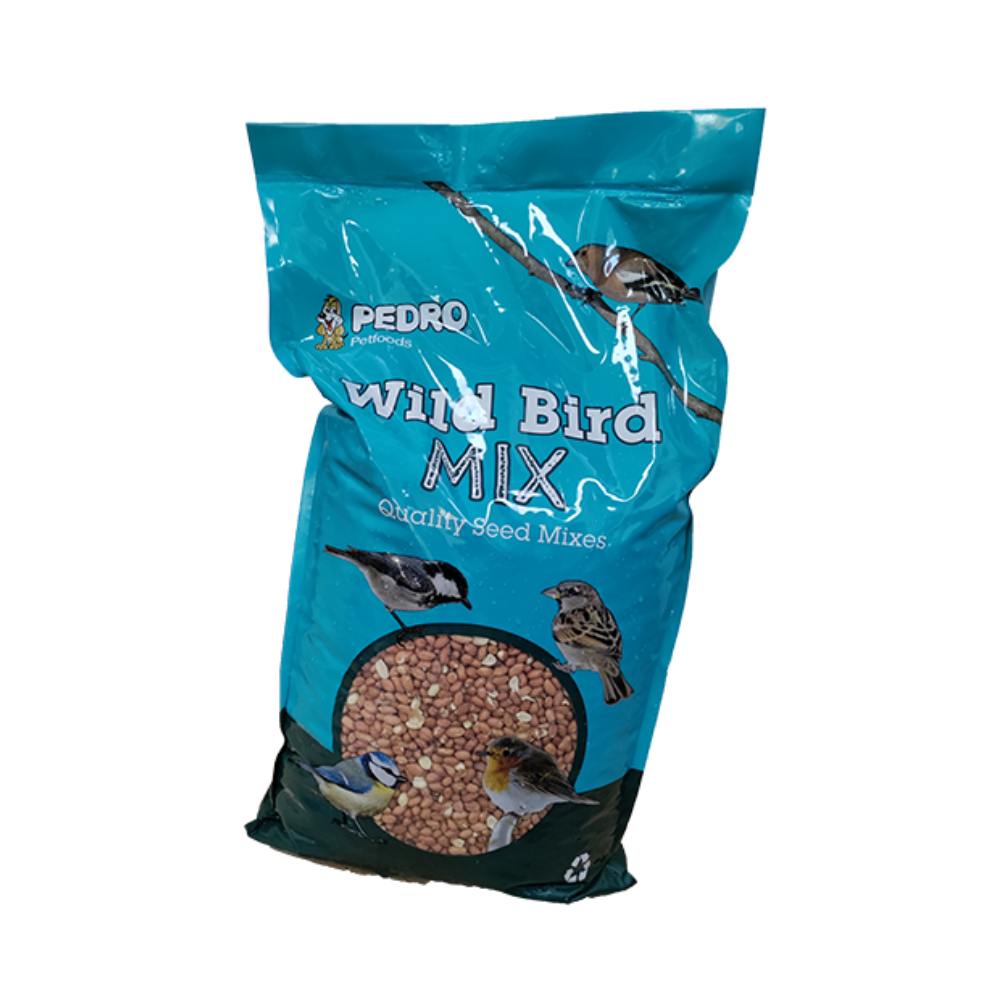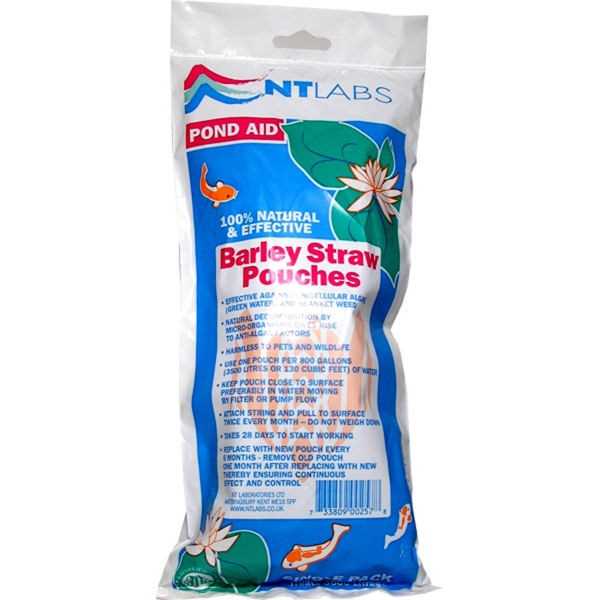Pet Birds Do's and Dont's
| Whatever your age, keeping a companion bird is very rewarding, but it makes sense to choose a bird which will fit in with your family and lifestyle. Many tamed cage birds are wonderful with children and unlike other household pets you don’t need to have a garden.Listed above is a brief description of the popular bird groups to help you decide, but if in doubt always ask your local pet retailer who will be more than happy to assist. |
Before you buy
Do make sure you select a healthy bird.
It’s worth spending a few minutes watching the bird’s behaviour in the shop. Healthy birds have smooth, close feathers and are active and alert to their surroundings. Avoid birds dry which seem sleepy and sit listlessly with ruffled up feathers. Vent feathers should be clean, dry and soft, if they are discoloured and matted it could indicate intestinal problems. Check beaks, feet and claws for malformations and look for any obvious signs of disease. Damaged feathers or bald patches are not necessarily a sign of disease, but avoid parrots with missing feathers; they may be self-pluckers, a psychological condition which is very difficult to cure.
Taming
Do make the effort to tame your bird.
For your own sake as much as the birds’. An untamed bird without attention and human contact will suffer great stress, living its life in constant fear of you and its surroundings. Ask your retailer for a young bird, they settle down much quicker and are easier to tame than older subjects.
Taming Tips
One person only should take charge of the taming – once the bird is tame enough he can then be introduce to the rest of the family. The more attention you give your bird the tamer it will become.
Mirror, Mirror…
Do give your budgie a mirror.
Budgies of either sex will treat their reflection as a mate – but remove it at training times in order to get their full attention. A cock budgie may spend hours at the mirror chattering to his ‘friend’ but if he starts courting his reflection and excessively regurgitates food to it, remove it for a while.
Hygiene
Do ensure your bird has a fresh water supply daily.
Don’t allow perches and gravel sheets to become heavily soiled with dropping. Your bird will be healthier in a regularly cleaned home. Change gravel sheets and wash the base of the cage every 2 or 3 days. Clean the cage and its contents, including toys, regularly with a suitable disinfectant solution that is thoroughly rinsed afterwards.
Do keep a daily check on the condition of your bird. If you spot any signs of illness don’t hesitate to consult your vet as an early diagnosis and treatment may prevent a lot of suffering.
Don’t locate food, grit or water below perches where they may become contaminated with droppings. Choose a cage where feeders are attached to the cage sides above the floor. Cages
Bird cages come in all shapes, sizes and colours. Make sure you buy the correct cage for your type of bird. The bigger the better, too!
Don’t place the cage in a window which receives direct sunlight or the bird may suffer heatstroke.
Don’t clutter the cage with too many toys restricting the bird’s movement – provide just one or two items at a time and change them occasionally to keep him interested. Never attach toys with string or cotton, use sturdy clips or hooks.
Don’t place the cage too close to TV sets or hi-fi speakers; loud noises will stress the bird.
Do provide your pet with a bird bath. All birds need to bathe and its great fun to watch too. Alternatively give him a shower! Using a plant sprayer filled with tepid water, direct the spray above the bird’s head so the mist falls down onto him. Don’t squirt directly at the bird – you’ll scare him. Regular spraying also minimises feather dust which can cause an allergic reaction, a bit like hay fever, in some people.
Safety
Do protect your bird from accidents in the home. Apart from the usual precautions watch out for gas/ electric fires, hot stoves, boiling kettles, running taps and water filled sinks (birds are attracted to water). Other potential hazards come from accidental poisoning by household chemicals like cleaning agents, flea control compounds or paint fumes. It is known that noxious fumes released from non-stick bake ware can kill birds in an adjacent room in less than 15 minutes! Remove your bird to a safer place whenever cooking with these pans..
Don’t leave a free flying bird unattended in a closed room.
Goodnight Polly
Most birds need 10-12 hours’ sleep at night. A cover over the cage will help the bird to rest if the room is brightly lit in the evening. Cage covers also help to quieten noisy birds.
Nutrition
Do provide a varied and well balanced diet. This will give the bird all the essential vitamins, minerals, trace elements and amino acids it needs to stay in shape. Many bird ailments are caused by dietary deficiencies which are very easy to avoid if you follow the guidelines.
Do provide fresh water as recommended for the species, but remove any uneaten remains after 24 hours.
Do provide a regular source of grit. Grit can be given to all seed eating birds. The particles of grit accumulate in the bird’s gizzard where seed kernels are broken down into smaller pieces which are easier to digest.
| Don’t buy loose seed unless it’s from a known reputable retailer. Loose seed may be subject to moisture, mould, mite infestation or, worse still, rodent droppings. |
Do treat your pet. Seed treats made with honey or egg are good training rewards and also provide interest and exercise, but don’t overdo it – even budgies get fat.
Don’t give your pet alcohol – booze is strictly NOT for the birds! Neither are tobacco products, candy, chocolate and avocado. Tropical birds do not possess a special digestive enzyme to cope with certain elements in these foods, which may prove toxic in some cases.
Don’t allow any bird to take food from your mouth; some bird diseases can be passed on to you (and vice versa).


